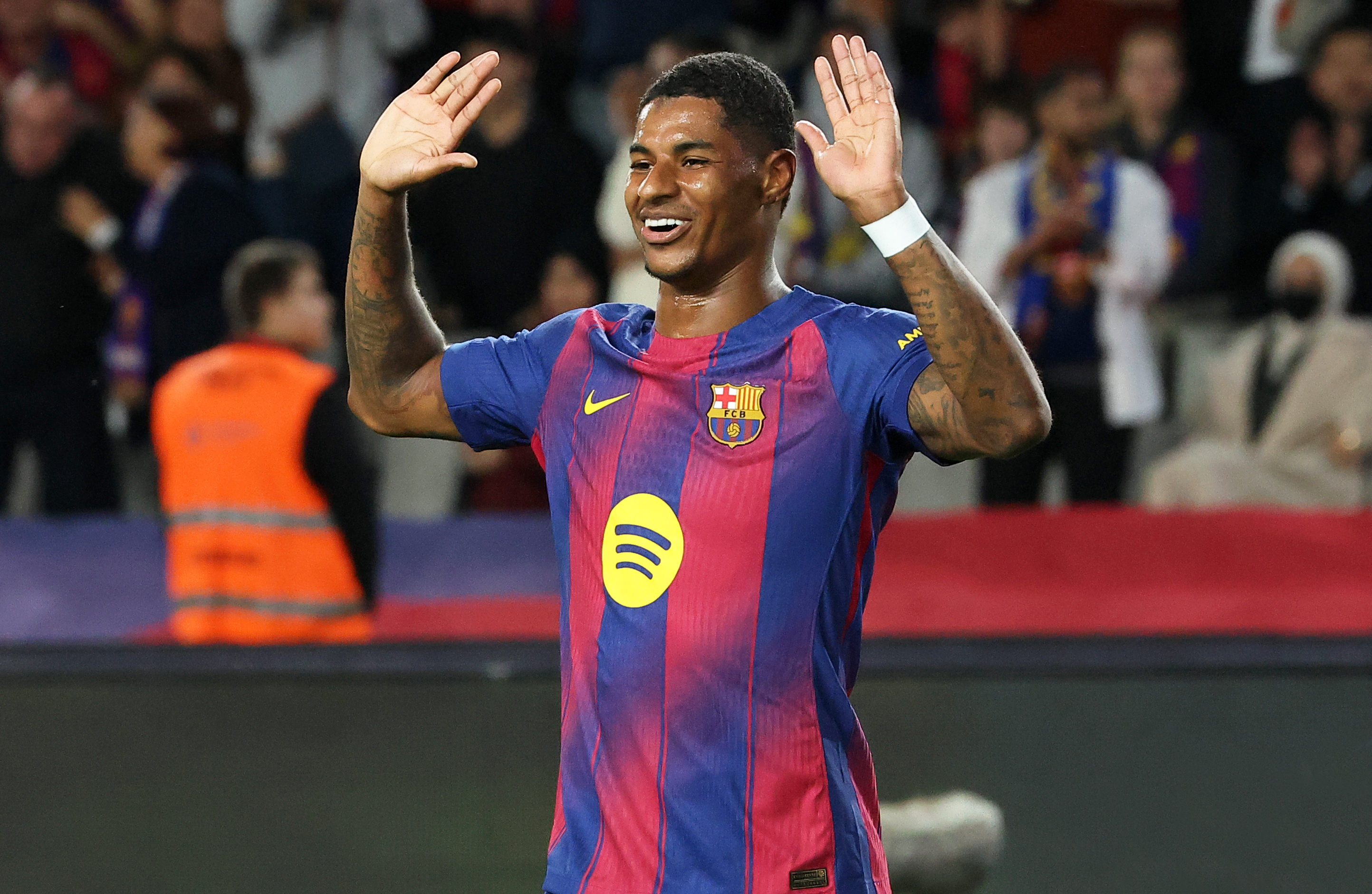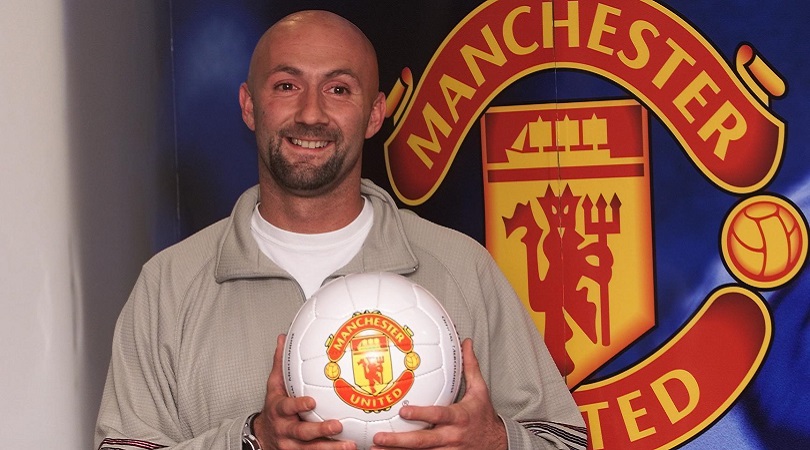
Spent little, achieved a lot
This summer, Tottenham became the first Premier League team not to sign a single player since the introduction of the transfer window in 2003. Disgruntled Spurs fans voiced their disapproval at the club's lack of activity in the market, but the following 10 teams show that keeping business to a minimum isn't always a bad idea...
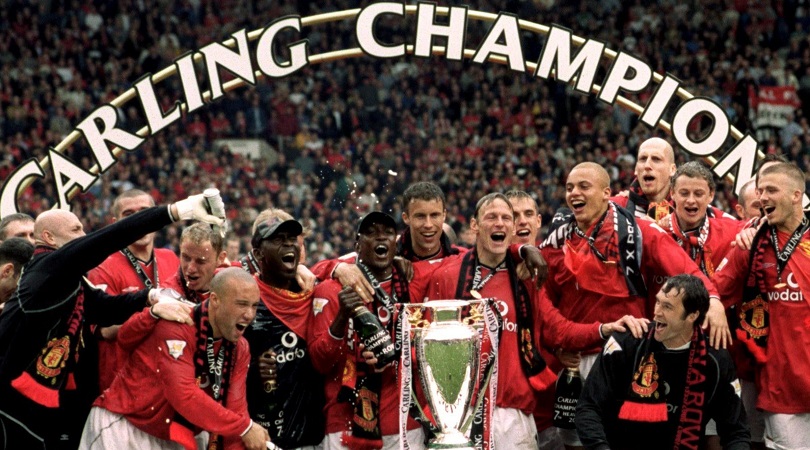
Manchester United (2000)
The Treble team are more celebrated – and with good reason – but purely in Premier League terms, Manchester United’s 1999/00 vintage were stronger than their 1998/99 predecessors. The Red Devils won the league by a record 18 points that season, which is perhaps why Alex Ferguson didn’t feel the need to make many changes ahead of the following campaign.
Fabien Barthez was the only arrival of note; although the Frenchman’s Premier League career eventually unravelled thanks to a string of mishaps, his first season between the sticks was a success – he kept 15 clean sheets as United cantered to a third straight title, by a healthy margin of 10 points.
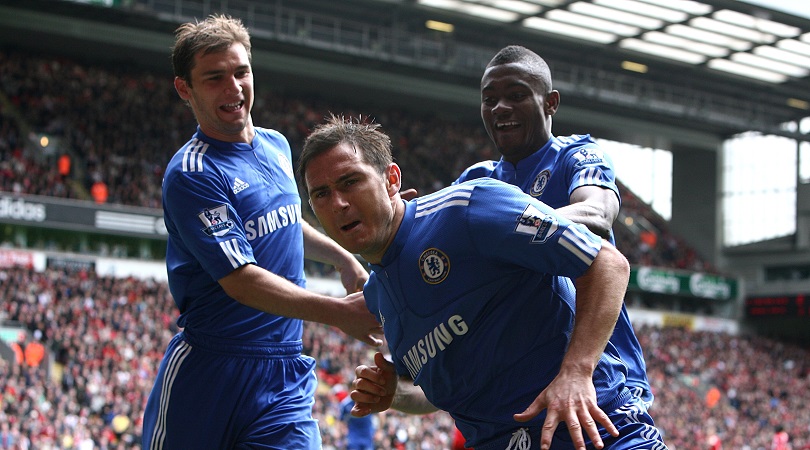
Chelsea (2009)
Predictions that Carlo Ancelotti would look to overhaul the Chelsea squad upon his arrival in 2009 proved wide of the mark; the Blues may have acquired Yuri Zhirkov (£18m), Daniel Sturridge (£6.5m), Nemanja Matic (£1.5m) and Ross Turnbull (free) ahead of the new season, but the key men in their title triumph were already at the club before the Italian’s appointment.
Ancelotti did a fine job of transforming Chelsea’s style of play without significantly changing the make-up of the squad. His tactical flexibility helped the west Londoners produce some glorious football as they scored 103 goals on the way to the league championship, before clinching the FA Cup with victory over Portsmouth.
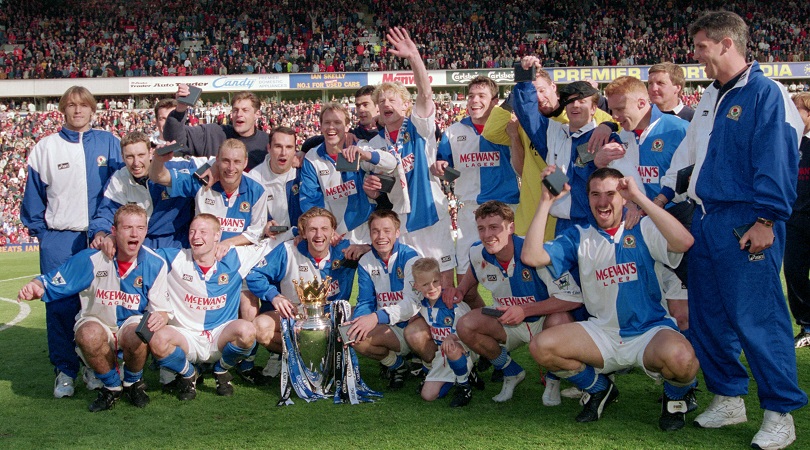
Blackburn (1994)
While it’s true that Kenny Dalglish’s Blackburn were aided by Jack Walker’s wealth in the mid-90s, to focus solely on their riches would be to ignore the fact that their remarkable triumph was borne of organisation and the winning mentality instilled in them.
Rovers may have spent big to assemble the original SAS partnership of Alan Shearer and Chris Sutton, but the latter was one of only two purchases in summer 1994. Graeme Le Saux, Colin Hendry, Tim Sherwood, Henning Berg and Tim Flowers were all already at the club, and Dalglish brought everything together in tremendous fashion to pip Manchester United to top spot.
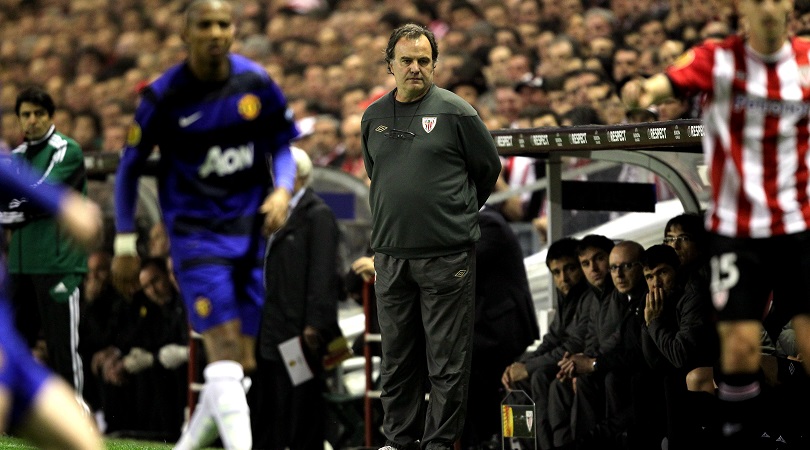
Athletic Bilbao (2011)
Leeds fans are beginning to fall in love with Marcelo Bielsa, who also won the hearts of Athletic Bilbao fans despite their ultimate failure to win a trophy in 2011/12. The Basques still enjoyed a thrilling campaign, made all the more impressive by the fact that Ander Herrera was the only pre-season arrival at San Mames.
Bielsa’s side played some stunning football throughout the season, finishing 10th in La Liga but leaving an indelible mark on the continent. A magnificent pair of performances helped Athletic beat Manchester United home and away in the last 16 of the Europa League, but Atletico Madrid proved too strong in the final after victories over Schalke in the quarters and Sporting CP in the semis. They also finished runners-up in the Copa del Rey.
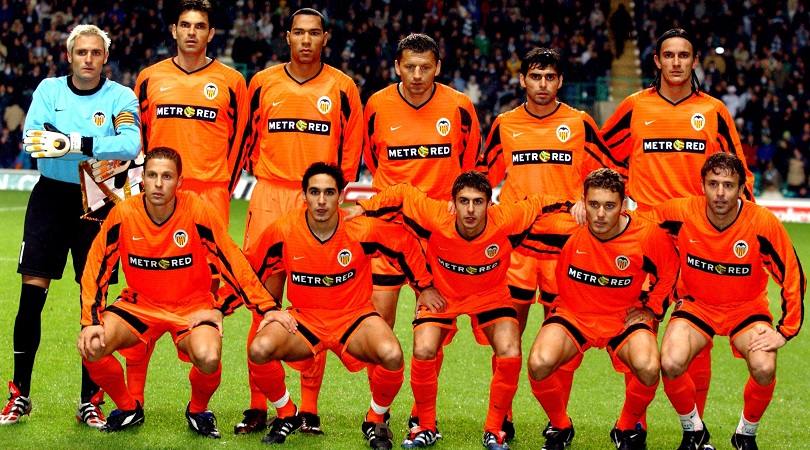
Valencia (2001)
After taking Valencia to the Champions League final in 2000/01, Hector Cuper swapped the Mestalla for San Siro and Inter after concluding he’d taken the Spanish outfit as far as he could. Los Che did much of their spending before Rafael Benitez was chosen as his successor, but the future Liverpool boss still managed to take the team to new heights: Valencia finished seven points clear of Deportivo La Coruna to win La Liga for the first time in over 30 years.
Benitez’s tactical acumen, together with the twinkling form of Pablo Aimar – who must have grown sick of the constant comparisons between himself and Diego Maradona – helped land them the title, and established the young manager as one of the smartest minds in Europe.
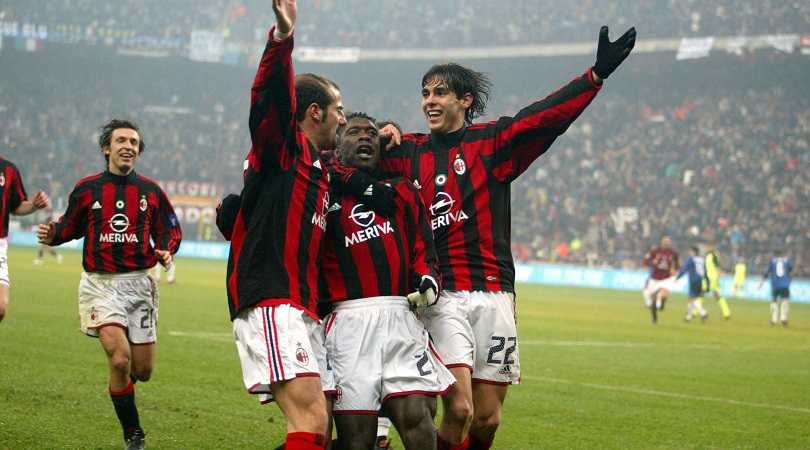
Milan (2003)
After winning the Champions League with victory over Juventus at Old Trafford in 2002/03, Carlo Ancelotti resisted the temptation to unnecessarily tinker with his squad ahead of the following campaign. The Rossoneri signed Kaka from Sao Paulo and Cafu on a free from Roma, but the kings of the continent were content to let others splash the cash.
Milan were unable to defend their European crown, beaten by Deportivo La Coruna in the quarter-finals, but they were dominant in Italy and finished 11 points clear of runners-up Roma after losing just two league games all season.
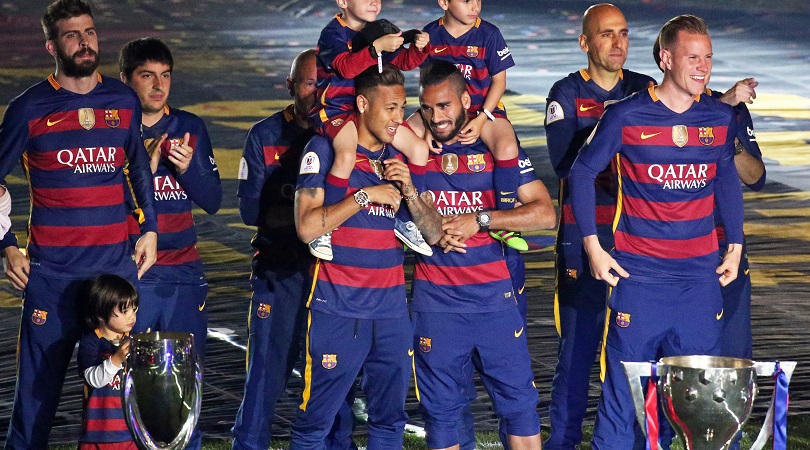
Barcelona (2015)
Even if Barcelona had been able to make improvements to their team in summer 2015, it would have been very difficult to do so. After all, Luis Enrique had the best squad in the world at his disposal, including a fearsome front three of Luis Suarez, Lionel Messi and Neymar which had just fired the Blaugrana to a brilliant treble.
Barcelona did add Arda Turan and Aleix Vidal to the mix, but neither could play until January because of a transfer ban. Rivals Real Madrid spent big on Danilo and Mateo Kovacic, but the Catalan club again proved too strong as they retained the La Liga title and added another Copa del Rey to the Camp Nou trophy cabinet.
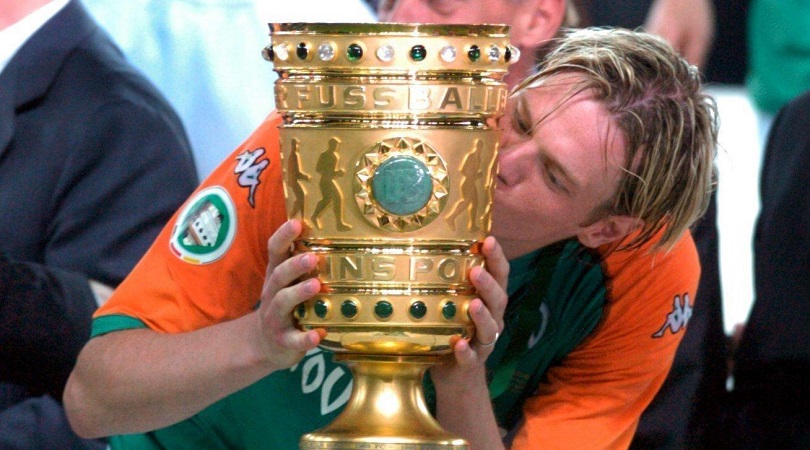
Werder Bremen (2003)
Werder Bremen won their first Bundesliga for over a decade in 2003/04, with their success owing plenty to their Euro-pinching strategy in the transfer market. This was a club who relished the role of underdogs in their battle with Bayern Munich for the championship crown.
Bremen’s business the previous summer was virtually non-existent: Valerien Ismael and Pekka Lagerblom cost less than £1m combined, as manager Thomas Schaaf stressed the importance of continuity. In the end, the Green-Whites finished a comfortable six points clear of Bayern at the top of the table.

Manchester United (1995)
Alex Ferguson made the boldest move of his managerial career in summer 1995, shipping out Paul Ince, Mark Hughes and Andrei Kanchelskis – players who had helped Manchester United win back-to-back Premier League titles – and promoting a group of untested youngsters in their stead. David Beckham, Phil Neville, Gary Neville, Paul Scholes and Nicky Butt all had talent, but it was still a risk to elevate them en masse.
The decision paid off handsomely, though. Eric Cantona returned from an eight-month suspension to enjoy one of his best campaigns at Old Trafford, scoring 19 times as he clinched the FWA Player of the Year award. United captured a superb league and cup double, leaving Ferguson thoroughly vindicated.
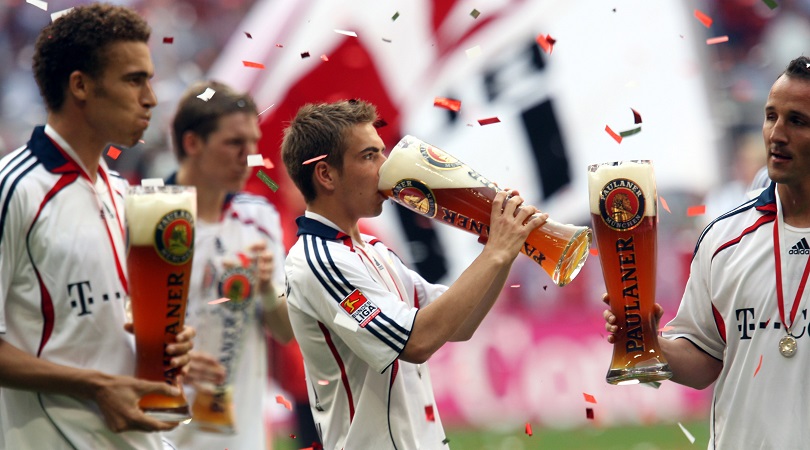
Bayern Munich (2005)
A team usually associated with spending sizeable sums of money to get the players they want, Bayern were a more modest financial force back in 2005. Valerien Ismael and Julio dos Santos were snapped up, but the Bavarians knew they already had the talent elsewhere to deliver a domestic campaign which included success in both the league and the cup.
Felix Magath became a dairy-based laughing stock in England, but his ability to overcome Bayern’s disastrous transfer policy and win back-to-back Bundesliga titles was hugely impressive – especially when you consider the riches bestowed on his successors.
Greg Lea is a freelance football journalist who's filled in wherever FourFourTwo needs him since 2014. He became a Crystal Palace fan after watching a 1-0 loss to Port Vale in 1998, and once got on the scoresheet in a primary school game against Wilfried Zaha's Whitehorse Manor (an own goal in an 8-0 defeat).
 Join The Club
Join The Club











